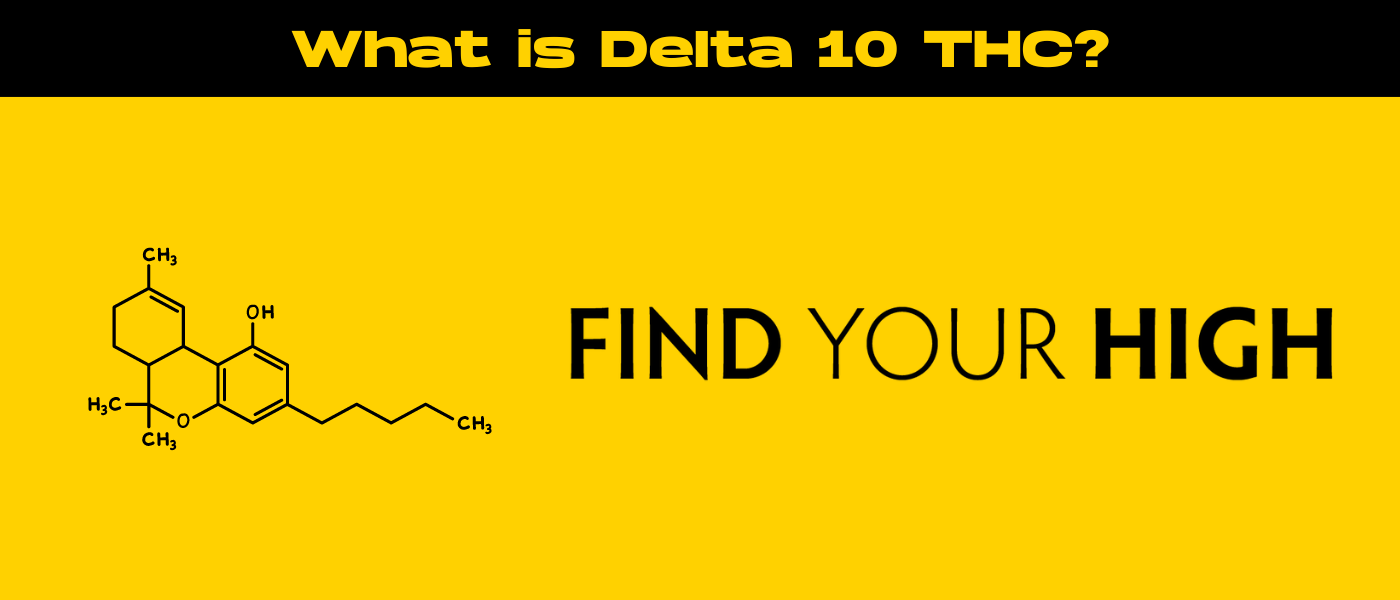Curious about what is delta 10? You’ve come to the right place.
Delta 10 THC is one of the many cannabinoids found in the cannabis plant. But don’t let the scientific name intimidate you. Just like the more familiar Delta 9 THC, which is the main psychoactive ingredient in marijuana, Delta 10 offers its own unique effects. It’s been gaining attention lately thanks to its milder but clear-headed high, which people are finding great for daytime use without heavy sedation.
So, why all the buzz around Delta 10? Well, for starters, it’s offering hemp users another option to tailor their experiences. Whether you’re looking to stay productive, enjoy a creative boost, or just unwind without feeling too sleepy, Delta 10 might be the perfect fit. Plus, with the ever-evolving legal landscape, more people are exploring these new options.
In this blog, we’ll dive into what makes Delta 10 unique, its potential benefits, how it compares to other cannabinoids like Delta 8 and Delta 9, and what to look out for if you’re considering trying it out. Stick around—we’ve got a lot to cover!
The Basics of Delta 10
So, let’s start with the basics. Delta 10 THC, short for delta-10-tetrahydrocannabinol, is one of the hundreds of cannabinoids found in the cannabis plant. Don’t let the name fool you; it’s not as complicated as it sounds.
Chemically, Delta 10 is an isomer of Delta 9 THC, which essentially means it has a similar molecular structure but with slight differences. While Delta 9 THC has a double bond on the ninth carbon chain, Delta 10 has that bond on the tenth carbon chain. This small difference can lead to noticeable variations in effects when consumed.
People often compare Delta 10 to other cannabinoids like Delta 8 and Delta 9 THC, noting that it offers a milder high compared to Delta 9 and a different kind of uplifting experience compared to Delta 8.
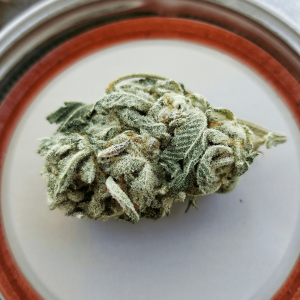
The Science Behind Delta 10
Now, let’s get a bit scientific.
Delta 10 interacts with the body’s endocannabinoid system, a complex network of receptors and enzymes that help regulate various physiological processes like mood, appetite, and pain. Specifically, Delta 10 binds to CB1 and CB2 receptors, much like Delta 9 THC. However, because of its unique molecular structure, Delta 10 may interact slightly differently, potentially leading to its milder psychoactive effects.
Current research is still scratching the surface, but preliminary studies and user reports suggest that Delta 10 offers a more clear-headed and energizing experience compared to the more sedative effects of Delta 8 and the sometimes intense high of Delta 9. As science continues to explore these cannabinoids, we’ll gain a clearer understanding of what makes Delta 10 tick.
History of Delta 10
The story of Delta 10 THC is as interesting as the cannabinoid itself. Its discovery was more of a happy accident than a planned experiment.
Delta 10 was first identified by researchers studying other cannabinoids in contaminated cannabis plants. These cannabis plants had been exposed to fire retardants often used in wildfires, leading to the formation of Delta 10. Since then, scientists and cannabis enthusiasts alike have been fascinated by this unique compound.
As research progressed, key milestones included understanding its molecular structure and its distinct effects compared to Delta 8 and Delta 9 THC. Initially, Delta 10 was overlooked in favor of its more popular cousins, but recent years have seen a surge in interest, thanks to its unique profile and potential benefits.
Legal Status of Delta 10
Navigating the legal landscape of Delta 10 THC can be a bit tricky. In the United States, its legal status currently exists in a gray area. Federally under the Drug Enforcement Administration, Delta 10 is legal under the 2018 Farm Bill, which legalized hemp derivatives with less than 0.3% Delta 9 THC.
However, individual states have the authority to regulate, ban, or allow the sale and use of hemp plants, similar to Delta 8 THC. While some states have embraced Delta 10, others have imposed strict regulations or outright bans.
On an international scale, the legality of Delta 10 varies widely. Some countries allow its use under specific conditions, while others have stricter controls akin to those for Delta 9 THC. As more data emerges and public opinion shifts, the legal status of Delta 10 worldwide is likely to continue evolving.
Methods of Extraction
When it comes to extracting Delta 10 THC, there are a few common methods that producers use to ensure purity and potency:
- Isomerization: This method involves chemically converting CBD isolate or Delta 9 THC into Delta 10 THC. It’s a popular approach because it can be done with already available cannabinoids and doesn’t require fresh plant material.
- Distillation: Distillation is a process used to purify Delta 10 by separating it from other substances. This method relies on heat and vacuum pressure to isolate Delta 10, ensuring a concentrated final product.
- Chromatography: High-performance liquid chromatography (HPLC) can also be used to isolate Delta 10 THC from a mixture of cannabinoids. This technique involves passing the mixture through a medium, which separates the cannabinoids based on their molecular characteristics.
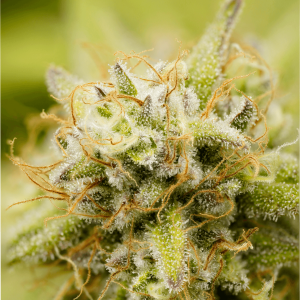
Comparison with Extraction Methods for Other Cannabinoids
Just like Delta 10, Delta 8 THC and CBD also undergo similar extraction processes. However, each cannabinoid might require slight adjustments in the conditions used during extraction to optimize yield and purity. While isomerization is a common method for both Delta 8 and Delta 10, the specific chemical reactions and catalysts involved can vary.
Safety and Quality Considerations
Safety and quality are paramount when it comes to cannabinoid extraction. Reputable producers prioritize methods that minimize the use of harmful chemicals and have rigorous testing protocols to ensure the final product is free of contaminants. For instance, solvents used in extraction need to be food-grade and thoroughly purged from the final product.
Regular third-party lab testing can confirm the purity, potency, and safety of Delta 10 extracts, giving consumers peace of mind that what they’re using is both effective and safe.
Benefits of Delta 10
Delta 10 THC has garnered attention for its reported mental and physical health benefits. Users often describe experiencing a clear-headed and energizing effect, which can be especially useful for those looking to enhance focus and productivity.
Unlike Delta 9 THC, which is known for its strong psychoactive effects, Delta 10 tends to offer a milder, more balanced high. This makes it a preferable option for individuals who might find Delta 9 too intense or sedative.
Additionally, some reports suggest Delta 10 could help alleviate mild pain and stress without the heavy drowsiness often associated with Delta 8 THC.
Emerging studies are still in their infancy, but initial findings and user testimonials hint at Delta 10’s potential for improving overall well-being in a less intrusive manner.
Potential Risks and Side Effects
Despite its potential benefits, Delta 10 THC is not without risks. Common side effects reported include:
- Dry mouth
- Red eyes
- Mild dizziness
All of these side effects are similar to those experienced with other cannabinoids like Delta 8 and Delta 9 THC.
However, since Delta 10 is relatively new to the market, comprehensive research is still lacking, particularly regarding its long-term effects. It’s important to note that while some users report fewer and less severe side effects compared to Delta 9 THC, this does not mean Delta 10 is risk-free.
Potential risks also include interactions with medications or exacerbation of pre-existing health conditions. As ongoing research continues to delve into these areas, caution and moderation remain key when exploring Delta 10’s effects.
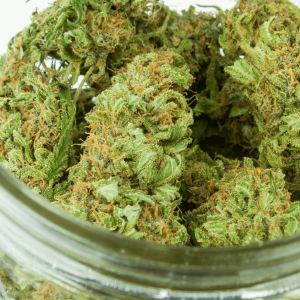
Delta 10 vs Delta 9
Key Differences in Effects and Uses
Delta 10 and Delta 9 THC, while both cannabinoids, offer different experiences and uses. Delta 9 is well-known for its potent psychoactive effects that can lead to a euphoric high, often accompanied by relaxation or sedation. It’s commonly used for recreational purposes and by people seeking strong relief from pain, anxiety, or insomnia.
On the other hand, Delta 10 is known for providing a much milder, more functional high. Users report feeling clear-headed and energized, making it a good option for those needing focus and productivity without excessive drowsiness.
Comparative Legal Statuses and Accessibility
Legally, Delta 9 THC is tightly regulated. Under federal law in the United States, it is classified as a Schedule I substance, making it illegal at the federal level. However, individual states have their own legislation with controlled substances, with some allowing its use for recreational and medicinal purposes.
In contrast, Delta 10 exists in a bit of a legal grey area. Classified as legal under the 2018 Farm Bill, as long as it is derived from hemp and contains less than 0.3% Delta 9 THC, its legality can still vary from state to state and country to country, with some regions imposing their own restrictions.
Consumer Preferences and Experiences
When it comes to consumer preferences, those seeking a strong and traditional cannabis experience often lean towards Delta 9. It’s ideal for users looking for intense effects, either recreational or therapeutic.
Meanwhile, Delta 10 has been gaining traction among users who want a more tempered experience. User feedback highlights Delta 10’s suitability for daytime use due to its less overpowering effects, providing benefits like mild pain relief and reduced stress without heavy sedation.
Delta 10 vs Delta 8
Differences in Chemical Structure and Effects
Though Delta 10 and Delta 8 are both forms of THC, they have distinct chemical structures that influence their effects.
Delta 8 shares a closer structural similarity to Delta 9, which results in somewhat similar effects, but is generally less potent. Delta 8 is often reported to offer a calmer high, with users feeling relaxed and less anxious compared to Delta 9.
Delta 10, however, delivers an even milder high than Delta 8, focusing more on mental clarity and energy rather than sedation.
Market Trends and Availability
The cannabis market has evolved significantly, with Delta 8 initially capturing the spotlight due to its legality under the 2018 Farm Bill and appealing effects. Delta 10 has only recently started to make waves, but it is quickly catching up due to increased consumer interest.
Both compounds are becoming more widely available, but Delta 8 currently enjoys a more established market presence. Producers are increasing the variety of products containing these cannabinoids, including edibles, tinctures, and vape cartridges, to cater to rising demand.
Consumer Feedback and Preferences
Feedback from consumers suggests that Delta 8 is highly favored for its relaxing effects, making it a popular choice for evening use or for people seeking relief from stress and mild pain.
On the other hand, Delta 10’s appeal lies in its ability to offer a clearer-headed experience, allowing for better functionality during the day.
Consumers have noted that while Delta 8 is more soothing, Delta 10 is preferable for activities that require alertness and concentration. Preferences ultimately depend on the individual’s needs and desired effects, but both cannabinoids have carved out their unique niches in the market.
Delta 10 Products on the Market
When it comes to Delta 10 products, the market offers a variety of options to suit different preferences and consumption methods.
Edibles like gummies and chocolates are popular for their convenience and discreet nature, providing a tasty way to consume Delta 10 with long-lasting effects. Vapes and vape cartridges are also a hit, offering immediate relief and ease of use. For those who prefer precision in dosing, tinctures and oils are a great choice, allowing users to control their intake drop by drop.
When selecting a product, it’s worth considering what form is most convenient for you and reading reviews to gauge user experiences. Always check for third-party lab testing to ensure you’re getting a pure and safe product.
Buying Delta 10
Finding the right place to buy Delta 10 products can be a bit challenging given the market’s rapid growth and varying regulations. Reputable online retailers, such as HyperWolf, and dispensaries are often the best sources, providing a wider selection and better transparency regarding product quality.
In general, look for shops that prioritize third-party lab testing; this ensures the products are free from contaminants and correctly labeled for potency. Customer reviews can also offer valuable insights into the quality and effectiveness of the products.
Additionally, it’s crucial to be aware of the legal status of Delta 10 in your area, as regulations can differ significantly from state to state. By paying attention to these factors, you can confidently purchase high-quality Delta 10 products that meet your needs.
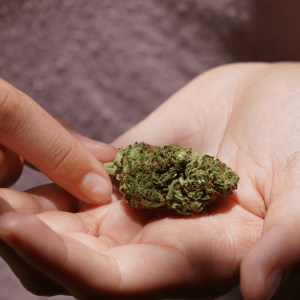
Medical Benefits of Delta 10
Preliminary studies on Delta 10 suggest that it holds promise for various potential health benefits, much like its cannabinoid cousins. Though research is still in the early stages, initial findings indicate that Delta 10 might be effective in managing anxiety, providing pain relief, and possibly even improving mood. These therapeutic benefits could be attributed to Delta 10’s unique interaction with the endocannabinoid system, which regulates vital functions such as mood, pain, and appetite.
When compared to Delta 8 and Delta 9 THC, Delta 10’s milder psychoactive effects could make it a preferable option for patients seeking relief without significant impairment. Furthermore, its potential to enhance mental clarity and focus suggests that Delta 10 could be useful in treatments that require day-to-day functionality, offering a more balanced approach to cannabinoid therapy.
Delta 10 and Drug Testing
When it comes to drug testing, Delta 10 THC can present some challenges.
Most standard drug tests aren’t designed to differentiate between different cannabinoids, meaning Delta 10 could potentially trigger a positive result for THC. This is because drug tests generally look for THC metabolites, which can be produced by all forms of THC, including Delta 9, Delta 8, and Delta 10.
As a result, users should be aware that even though Delta 10 is often milder compared to Delta 9, its use can still result in a positive drug test, potentially impacting employment or other situations where drug testing is required.
Consumer Tips
Using Delta 10 safely and effectively involves a few best practices to enhance your experience and avoid any adverse effects.
First, always source your Delta 10 products from reputable vendors who provide third-party lab testing results. This ensures you’re getting a product that’s pure and free from contaminants.
Another good practice is to start with a low dose, especially if you’re new to Delta 10 or THC in general. This helps you gauge your body’s reaction and adjust your intake accordingly without overdoing it.
Staying hydrated and consuming Delta 10 in a comfortable, familiar setting can also contribute to a positive experience.
Conclusion
In summary, Delta 10 offers a distinct appeal in the cannabinoid market thanks to its balance of milder psychoactive effects and potential therapeutic benefits. It provides a clearer-headed experience, making it suitable for daytime use, while still offering potential relief from anxiety and pain.
The variety of available products, from edibles to tinctures, allows consumers to choose the best method for their needs. However, it’s essential to keep an eye on the legal status in your area and always opt for products with third-party lab testing to ensure quality and safety.
As research into Delta 10 continues, its market presence and medical applications may expand, promising a bright future for this intriguing cannabinoid. Stay informed, cautious, and open to exploring what Delta 10 has to offer.
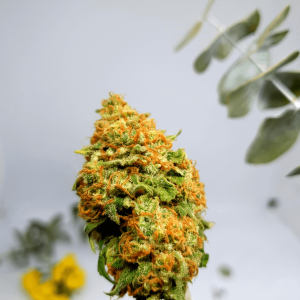
Frequently Asked Questions
1. Does delta-10 get you higher?
Delta-10 THC does have psychoactive effects, but they are generally considered milder compared to Delta-9 THC. Users often report feeling a gentle, uplifting high that helps with focus and energy rather than the intense euphoria associated with Delta-9. This makes Delta-10 a popular choice for those who want to remain productive and alert while still enjoying the benefits of THC.
2. What is delta-10 and what does it do?
Delta-10 is a cannabinoid found in trace amounts in the cannabis plant. Like other forms of THC, it interacts with the body’s endocannabinoid system to produce various effects. Delta-10 is known for providing a clearer-headed, energizing high, making it suitable for daytime use and activities that require focus and concentration. Its effects are often described as being more uplifting and stimulating compared to other types of THC.
3. Is delta-8 or delta-10 stronger?
The strength of Delta-8 and Delta-10 can vary depending on the individual, but generally, Delta-8 is considered to be slightly more potent in terms of producing a relaxed and calming high. Delta-10, on the other hand, offers a more cerebral experience, with users reporting a boost in energy and alertness. Ultimately, the choice between Delta-8 and Delta-10 comes down to personal preference and the type of effects you’re looking for.
4. What is the difference between Delta-9 and delta-10?
Delta-9 THC, which is the most well-known and widely used form of THC, is significantly more potent in terms of its psychoactive effects. It provides a strong euphoric high that can sometimes be overwhelming for new users. In contrast, Delta-10 offers a milder, more balanced experience that is better suited for daytime use and activities that require concentration. Additionally, while Delta-9 is typically associated with intense relaxation and sometimes couch-lock, Delta-10 tends to produce more uplifting and stimulating effects.

 Rewards
Rewards



